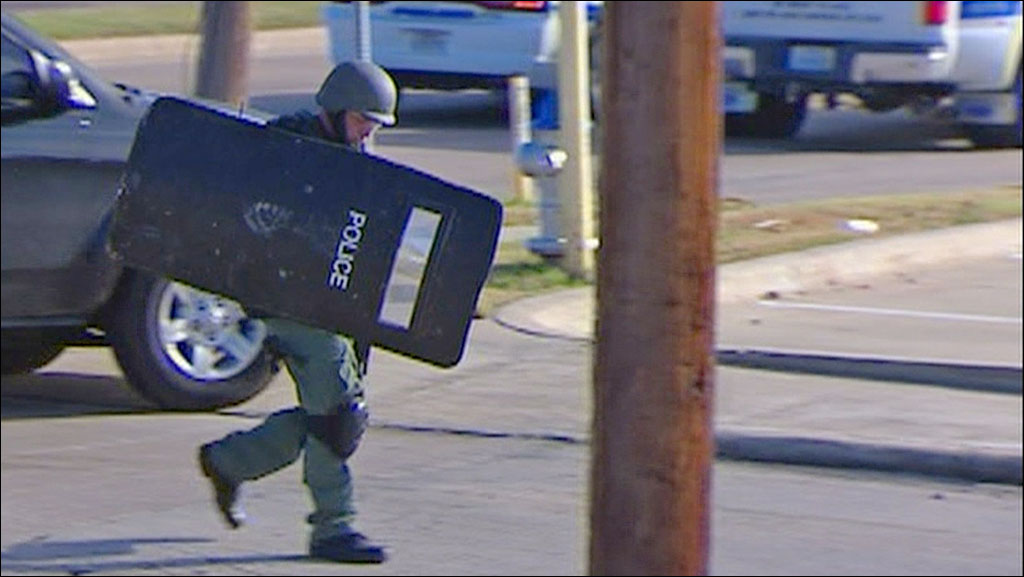
It's part of their social and emotional adaptation. We have data to show that it's incredibly helpful for children to have well-rounded experiences with other children in various contexts. in the context of making sure the kids are being socialized beyond school. Maybe it's extracurricular sports, maybe it's going to play dates in the park. Knowing that these kids have been in school and have been COVID-free or relatively OK for a while, they can probably tack on an extra extracurricular activity, keeping in mind degrees of relative risk - meaning try an outdoor activity before an indoor activity. All those things inform how I make those assessments. I often preface the way that I discuss my risk tolerance in the context of where I live, the ages of my children, our vaccination status and our medical history. Risk is one of the most difficult topics to discuss and educate on in public health because risk perception is influenced by people's internal biases - by their communities, their histories, their traumas and their experiences. So after this many years, it can be incredibly traumatizing, isolating and burdensome, especially with children at home. Humans as a species are not really designed to live in isolation.

I have a lot of empathy for this person's spouse and for the letter writer who is ready to reintegrate into society. Long COVID is still an unknown, and I think that's one of the biggest confounding factors of COVID-19. And I say that with a lot of comfort, knowing that vaccines have done an incredible job of preventing extreme illness, hospitalization and death for most people who are up-to-date on the vaccines. That said, the acuteness is not the same as it was pre-vaccines. COVID is still a disease that's causing too much morbidity and mortality for us to say it has passed. That's a sentence people are probably tired of hearing. Jessica Malaty Rivera is an epidemiologist and the science communication lead at The Pandemic Tracking Collective. I recognize the validity of his anxiety, but I feel that some health risks are worthwhile: spending time with family, activities that make kids feel integrated in a community of peers so they can become socialized adults and me being engaged in my career.Įveryone around us is moving on, and I'm no longer sure how much precaution is too much. My spouse is looking for remote jobs so that he can quit his in-person job, pull the kids out of school and oversee their homeschooling indefinitely.

We can't hire a babysitter because of his COVID concerns. to do pick-ups so that our kids don't have additional exposure in aftercare. Since my spouse has a long commute to work, it's me who ends work everyday at 1:30 p.m. They're only at school (after three years of homeschooling) because we had no other options for childcare. My young kids have no group extracurriculars, they don't go into grocery stores, to libraries or to birthday parties. None of us are high risk, but he's concerned about the chance of getting long COVID and the unknown effects of repeat infections. While the world has moved on from COVID, my spouse insists on a family life in near lockdown.


 0 kommentar(er)
0 kommentar(er)
